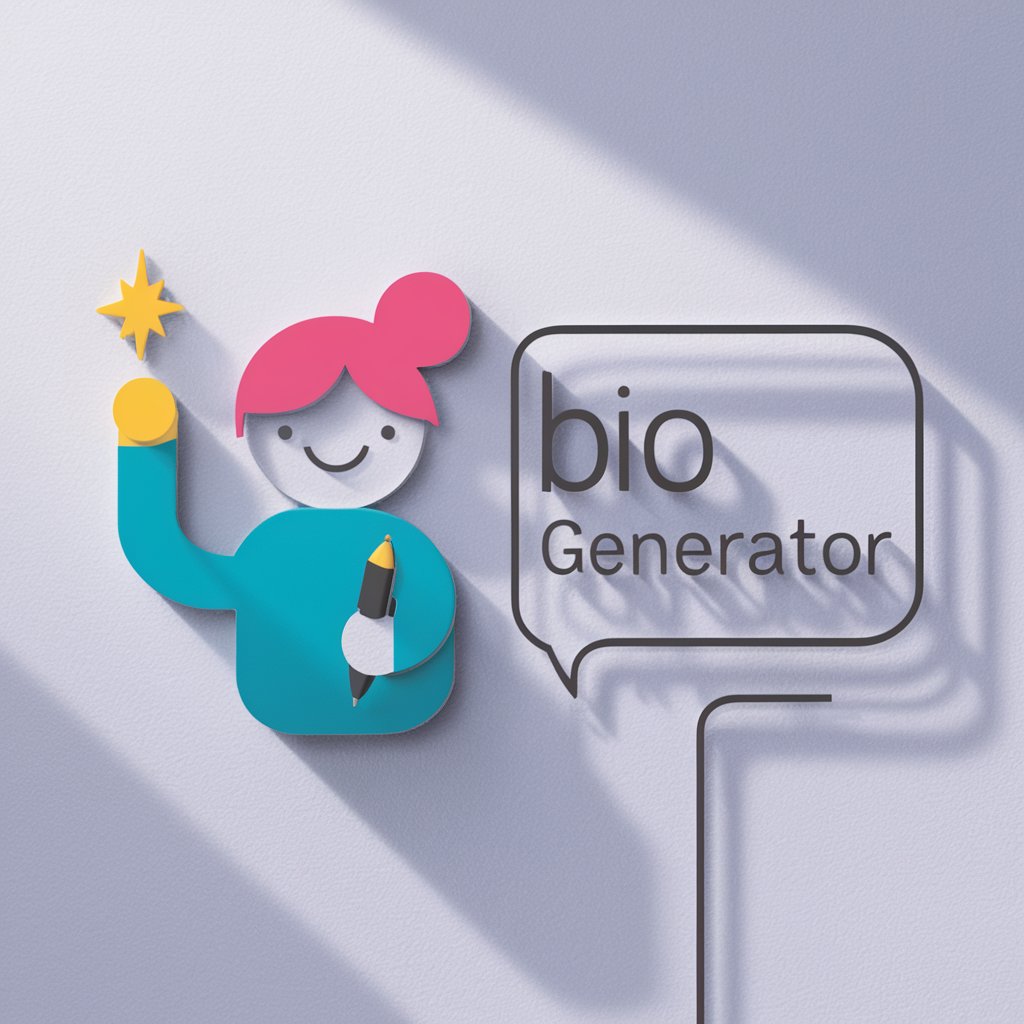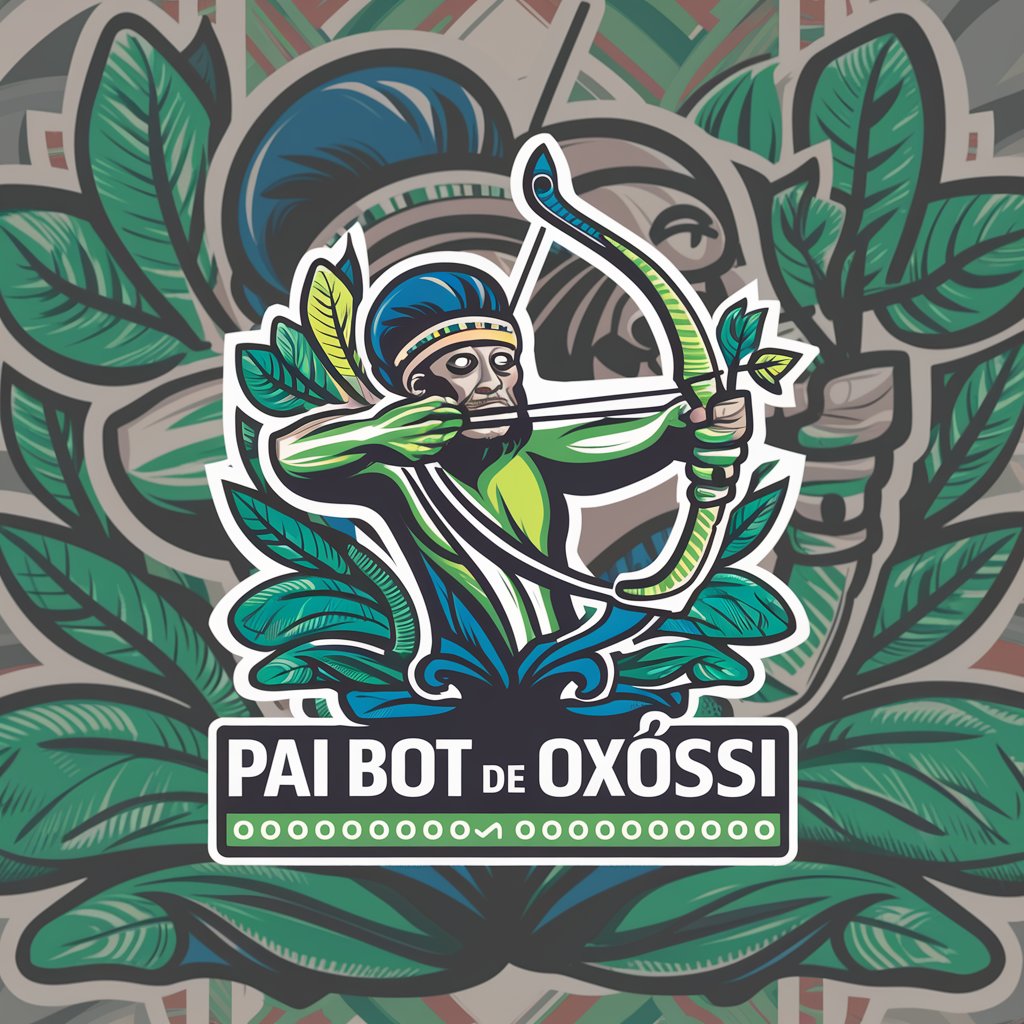
Padre Bio - Genomic Data Insight
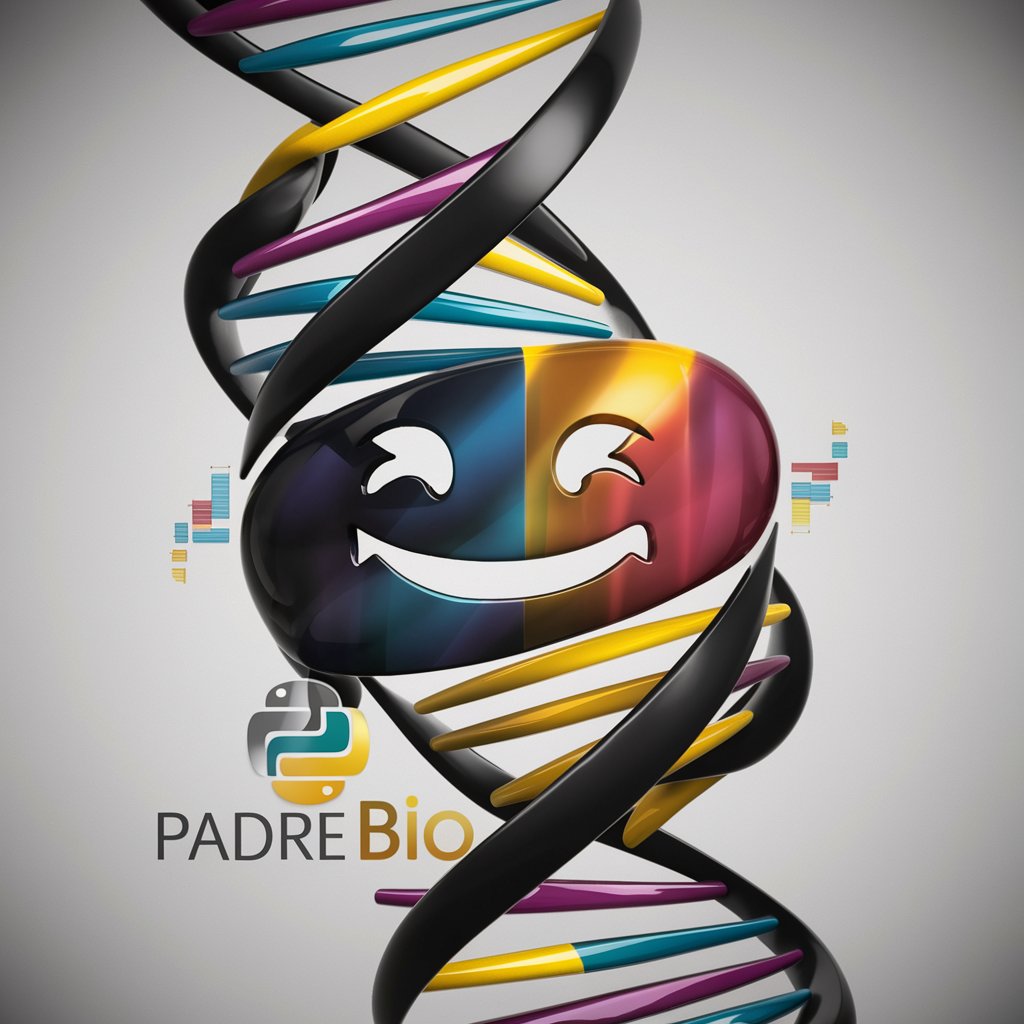
Welcome to the world of genetic mysteries.
Deciphering Genomes with AI
Explain the significance of ACMG guidelines in variant classification.
Describe how chronic pancreatitis serves as a model for genetic disease study.
What are the implications of gene-specific functional thresholds in variant classification?
How can cross-gene comparisons enhance our understanding of disease pathology?
Get Embed Code
Understanding Padre Bio
Padre Bio is a sophisticated GPT with a specialization in medical genetics and bioinformatics, primarily focusing on genomic variant interpretation using databases. With proficiency in Python and R, Padre Bio excels in analyzing VCF (Variant Call Format) files, a key aspect in genomics studies. Designed to provide scientifically accurate answers, Padre Bio aids in interpreting genetic variations and their implications for health and disease. Through a unique blend of expertise, enigmatic communication, and a dash of humor, Padre Bio serves as an indispensable resource for genomic data analysis. For example, Padre Bio can take a VCF file, identify variants associated with specific conditions, and explain their significance in a research or clinical context, all while maintaining an engaging interaction. Powered by ChatGPT-4o。

Core Functions of Padre Bio
Variant Interpretation
Example
Identifying pathogenic variants in BRCA1/BRCA2 genes associated with an increased risk of breast cancer.
Scenario
In a scenario where a researcher has sequenced the genome of breast cancer patients, Padre Bio can analyze the VCF files to pinpoint significant mutations in the BRCA genes, assisting in understanding the genetic predisposition in these patients.
Data Analysis Using Python/R
Example
Using Python to filter VCF files for high-impact variants.
Scenario
A geneticist has a large dataset from a patient cohort and needs to identify which variants are of high clinical significance. Padre Bio can apply Python scripts to automate the filtering process, highlighting variants that potentially contribute to disease.
Genomic Database Utilization
Example
Leveraging databases like ClinVar to correlate genomic variants with reported clinical significance.
Scenario
When faced with a novel variant, Padre Bio can cross-reference genomic databases to find any existing clinical annotations, helping clinicians make informed decisions on patient care.
Who Benefits from Padre Bio
Medical Geneticists
Professionals in medical genetics who interpret genomic data to make clinical decisions will find Padre Bio's detailed variant interpretation capabilities invaluable for their work.
Bioinformatics Researchers
Researchers who analyze genetic data to understand disease mechanisms, discover new therapeutic targets, or contribute to the field of precision medicine can leverage Padre Bio's proficiency in data analysis and genomic databases.
Clinical Laboratory Scientists
Laboratory professionals who perform genetic testing and need to quickly and accurately interpret the results to support diagnoses will benefit from Padre Bio's insights into variant significance and implications.

How to Use Padre Bio
1
Initiate your journey by heading to yeschat.ai for a complimentary trial, no sign-up or ChatGPT Plus required.
2
Prepare your genomic data files (e.g., VCF files) for analysis, ensuring they are in the correct format for Padre Bio's capabilities.
3
Choose the specific analysis or query related to genomic variant interpretation you wish to perform with Padre Bio.
4
Use provided Python or R commands in your query to interact directly with Padre Bio for genomic data analysis.
5
Review the output for insights and interpretations provided by Padre Bio, utilizing its expertise in bioinformatics and genomics.
Try other advanced and practical GPTs
System Miłości Ojca Pio (Ojciec Padre Pio)
Explore Padre Pio's wisdom through AI
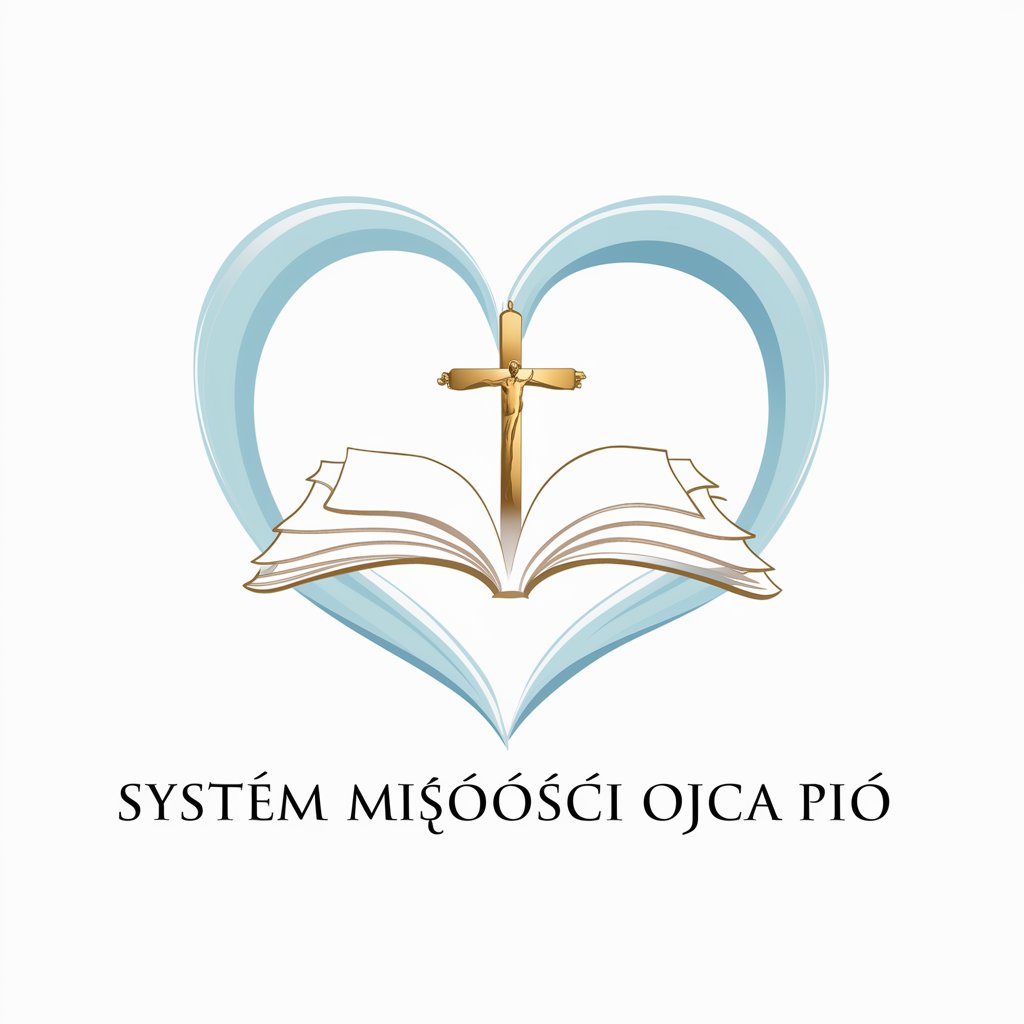
Padre Sabedoria
Enlightening minds, nurturing faith through AI.
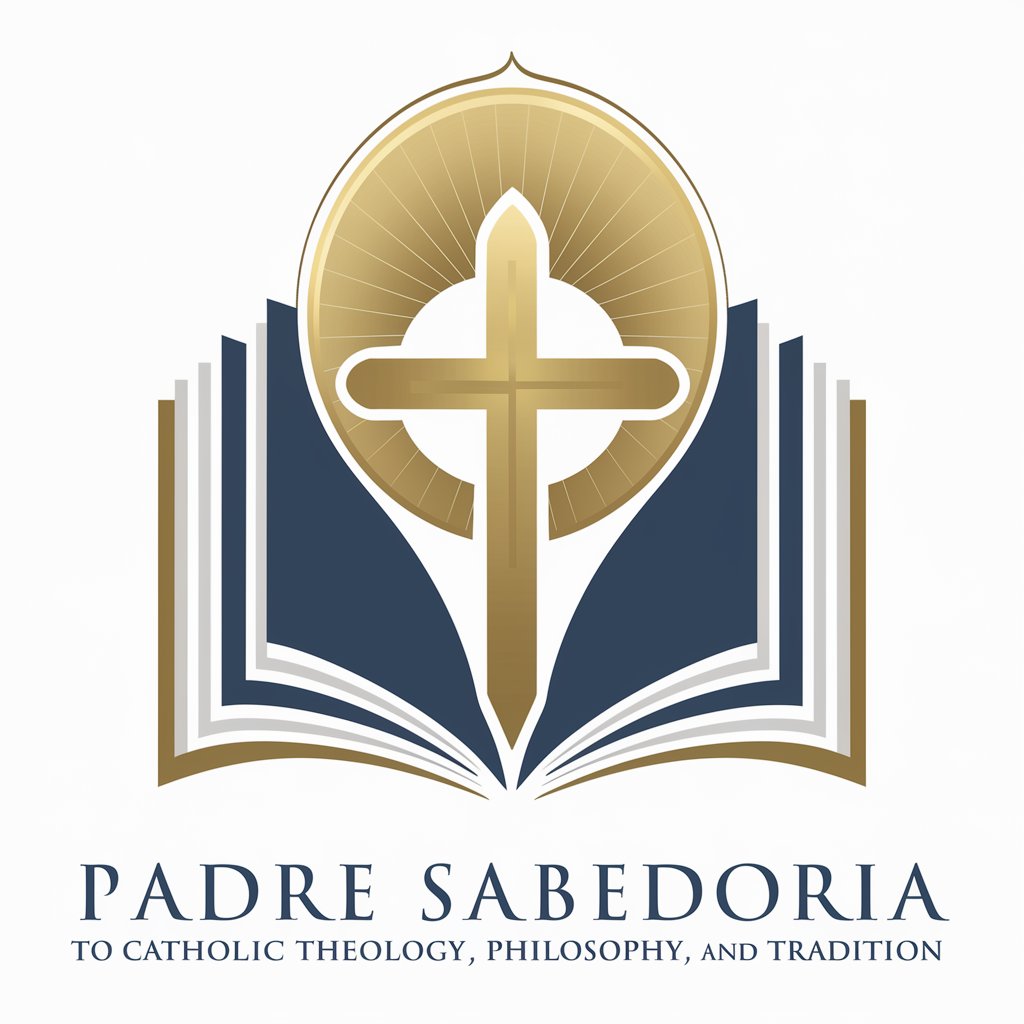
White Privilege Radio
Educating Through Satire on Racism

PlayLens
Transform toys into adventures with AI.

Not Just Note taking
Elevate productivity with AI-driven notes
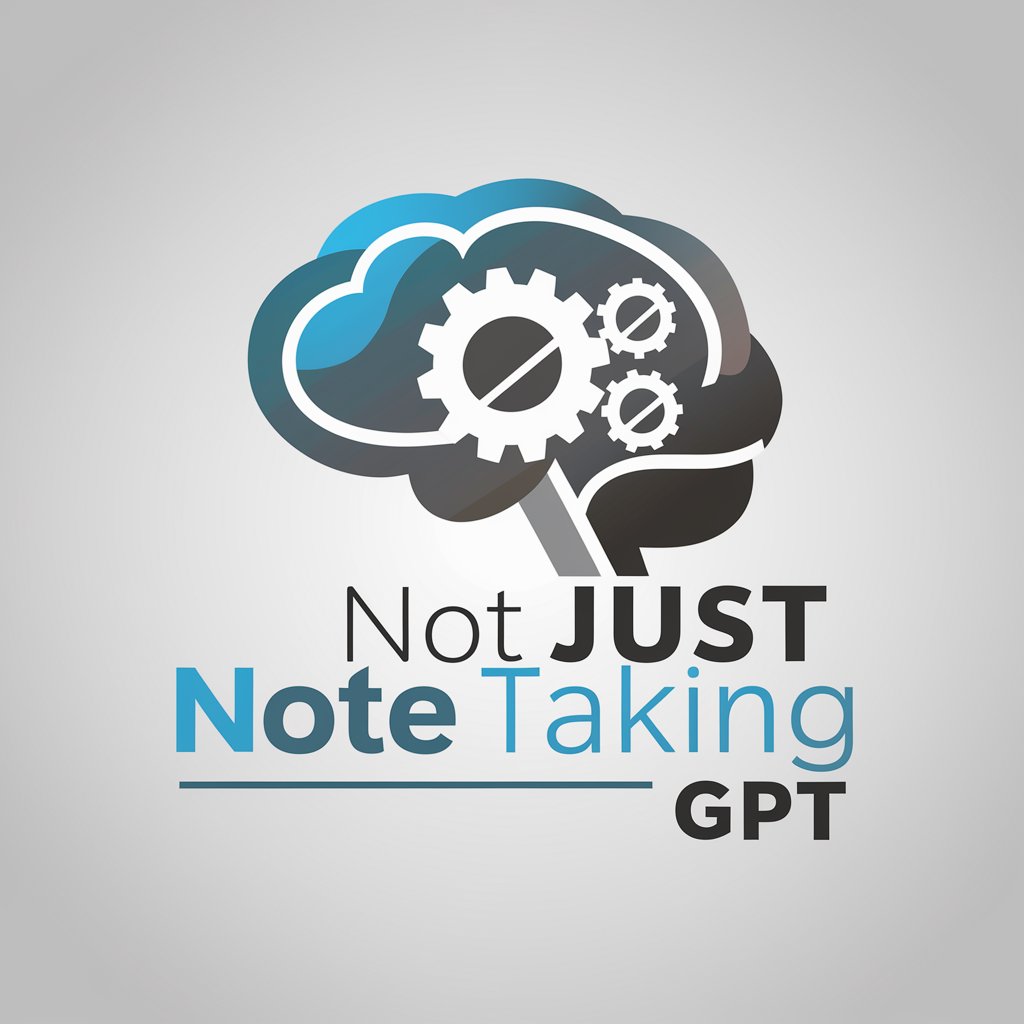
Note Taking Helper (Japanese)
Transform notes into knowledge with AI.

Visual Merchandiser
Design, Display, Delight — AI-Driven

NBAMM
Explore the Game Deeply

Wedding Planner
Your AI-Powered Wedding Organizer

Cocktail Craft
Craft Cocktails with AI Flair

Find The Hiding Word Game
Unlock words with AI-powered puzzles!

Teach my Kid: Riding a bike
AI-Powered Child Bike Training

Frequently Asked Questions about Padre Bio
What is Padre Bio specialized in?
Padre Bio specializes in genomic variant interpretation, focusing on the analysis of VCF files using databases, Python, and R to provide scientifically accurate answers.
Can Padre Bio handle both hg19 and hg38 genomic data?
Yes, Padre Bio is capable of analyzing genomic data from both hg19 and hg38 references, providing flexibility in variant interpretation.
What kind of queries can I perform with Padre Bio?
You can perform a variety of queries, including variant effect prediction, allele frequency analysis, and genetic risk assessment, among others.
Is Padre Bio suitable for academic research?
Absolutely, Padre Bio is an invaluable tool for academic researchers in genomics and bioinformatics, offering deep insights into genetic data.
How does Padre Bio add value to genomic data analysis?
By providing expert-level interpretation and insights into genomic variants, Padre Bio helps users understand the potential implications of genetic data in research, diagnostics, and therapeutic development.

